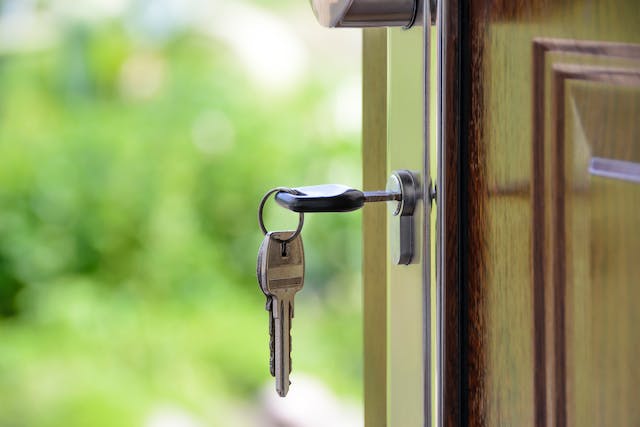One of the most common concerns for those considering Chapter 7 bankruptcy in Pennsylvania revolves around asset retention. Specifically, homeowners fear losing their most valuable asset—their house. Please continue reading and reach out to a seasoned Montgomery County bankruptcy lawyer from Mudrick & Zucker, P.C. to learn more about whether you may keep your home in Chapter 7 bankruptcy and how our legal team can help guide you through the process. Here are some of the questions you may have:
Will I Lose My House if I File for Chapter 7 Bankruptcy?
The fear of losing a home is understandable but often unfounded. In Pennsylvania, bankruptcy laws include specific exemptions that can protect your home under certain conditions. The state’s homestead exemption allows individuals to exempt up to a certain amount in equity in their primary residence.
Further, when you file for Chapter 7 bankruptcy, a critical component that comes into play regarding your home is the automatic stay. This legal provision immediately halts most creditors’ collection efforts, including foreclosure actions on your home. Even if your lender has started foreclosure proceedings, they must stop them for as long as the automatic stay is in effect. This period allows you some breathing room to explore your options or negotiate with your lender.
What Other Assets Can I Keep if I File for Chapter 7 in Pennsylvania?
Beyond your home, other assets may also be protected. Various exemptions can include personal property, retirement accounts, and vehicles, among others. An experienced bankruptcy lawyer can assess your assets and guide you in maximizing your exemptions. When filing for Chapter 7 bankruptcy, the goal is to protect as much of your property as possible while discharging your debts.
How Long Does the Chapter 7 Process Take?
The duration of the Chapter 7 bankruptcy process can vary. Typically, it takes around four to six months from filing to discharge. However, the timeline can extend depending on the complexity of your case; factors such as the number of creditors, the nature of your assets, and any legal challenges can affect the duration. Working with a knowledgeable bankruptcy attorney can streamline this process, ensuring all paperwork is accurate and deadlines are met. A swift and efficient filing leads to a quicker resolution, allowing you to start afresh financially.
Ultimately, filing for Chapter 7 bankruptcy doesn’t necessarily mean losing your house or other significant assets. The process, although sometimes lengthy, can lead to a much-needed financial reset. If you’re considering bankruptcy, please don’t hesitate to contact Mudrick & Zucker, P.C. today. We have extensive experience guiding clients through the bankruptcy process, and we’re prepared to put that experience to work for you.


